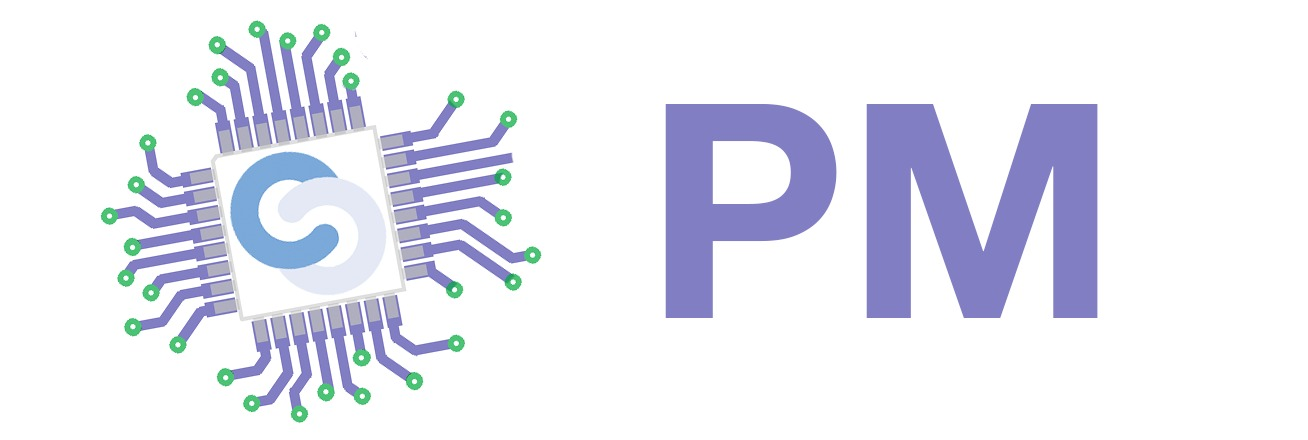Differences
This shows you the differences between two versions of the page.
|
pm:prj2022:apredescu:arduinoiotcloud [2022/05/12 00:57] lea.akkaoui |
pm:prj2022:apredescu:arduinoiotcloud [2022/05/27 22:34] (current) lea.akkaoui |
||
|---|---|---|---|
| Line 1: | Line 1: | ||
| + | ==== DHT11 Temperature and Humidity sensor in the Cloud ==== | ||
| + | |||
| + | |||
| ===== Introducere ===== | ===== Introducere ===== | ||
| Line 10: | Line 13: | ||
| Once uploading the sketch, we will see the values updating live on the Dashboard page. | Once uploading the sketch, we will see the values updating live on the Dashboard page. | ||
| - | -Purpose: Being able to measure ourselves the humidity & temperature of the room using our browser or the Arduino IoT Cloud Remote app application on our phone. | + | -Purpose: Being able to measure ourselves the humidity & temperature of the room using our browser or the Arduino IoT Cloud Remote application on our phone. |
| Line 21: | Line 24: | ||
| <note tip> | <note tip> | ||
| The Arduino MKR Wi-Fi 1010 is a prototype created for IoT projects. It will provide complete support for both the breadboard and DHT11 Temperature & Humidity Sensor. By connecting them, on the IoT Cloud, it will be able to give the measure of the humidity and temperature of the room. | The Arduino MKR Wi-Fi 1010 is a prototype created for IoT projects. It will provide complete support for both the breadboard and DHT11 Temperature & Humidity Sensor. By connecting them, on the IoT Cloud, it will be able to give the measure of the humidity and temperature of the room. | ||
| + | |||
| </note> | </note> | ||
| - | {{ :pm:prj2022:apredescu:ma1.png?nolink |}} | ||
| + | {{:pm:prj2022:apredescu:ma.png?nolink|}} | ||
| =====Hardware Design==== | =====Hardware Design==== | ||
| Line 31: | Line 35: | ||
| * -Breadboard | * -Breadboard | ||
| * -DHT11 Temperature & Humidity Sensor | * -DHT11 Temperature & Humidity Sensor | ||
| - | * -Arduino MKR Wi-Fi 1010</note> | + | * -Arduino MKR Wi-Fi 1010 |
| + | </note> | ||
| + | |||
| + | |||
| + | =====Software Design==== | ||
| + | |||
| + | <note tip> To get started with this step, you will need some very basic knowledge of the Arduino IoT Cloud service. | ||
| + | * In the cloud, you need to create a new Thing, then configure your device and network. | ||
| + | * You should then add two “Read Only”, Float Variables named “temperature” and “humidity | ||
| + | * Now, you will need to create a Dashboard to see your values from your DTH11 sensor. Go to the Dashboards section, and build a new Dashboard. | ||
| + | * Inside, create two widgets: percentage and gauge. Then you need to link them: | ||
| + | * Gauge -> temperature variable | ||
| + | * Percentage -> humidity variable | ||
| + | * +At the end the code | ||
| + | </note> | ||
| + | |||
| + | |||
| + | =====Results==== | ||
| + | {{:pm:prj2022:apredescu:ma11.png?nolink&300|}} | ||
| + | {{:pm:prj2022:apredescu:ma22.png?nolink&300|}} | ||
| + | {{ :pm:prj2022:apredescu:ma33.png?nolink |}} | ||
| + | |||
| + | |||
| + | =====Conclusion==== | ||
| + | As my first project, I find that Arduino is an interesting world of technology especially for beginners! The Arduino DHT11 Temperature and Humidity sensor in the Cloud was fun to create and what made it more interesting is connecting it to the network and getting updated values concerning the temperature and humidity! | ||
| + | |||
| + | =====Download==== | ||
| + | {{:pm:prj2022:apredescu:project-ma-dht11_temperature_and_humidity_sensor_in_the_cloud.zip|}} | ||
| + | |||
| + | =====Journal==== | ||
| + | |||
| + | - 21 April: project selection. | ||
| + | - 22 April - 11 may: Working on the project | ||
| + | - 19 may: Presentation of the project in class. | ||
| + | - 27 April-27 May: WikiPage (Creating, Modifying, Completing, Finishing) | ||
| + | - 27 may: Done. | ||
| + | =====Bibliography/Resources==== | ||
| + | https://docs.arduino.cc/cloud/iot-cloud/tutorials/iot-cloud-getting-started | ||
| + | https://docs.arduino.cc/cloud/iot-cloud | ||
| + | https://create.arduino.cc/projecthub | ||

